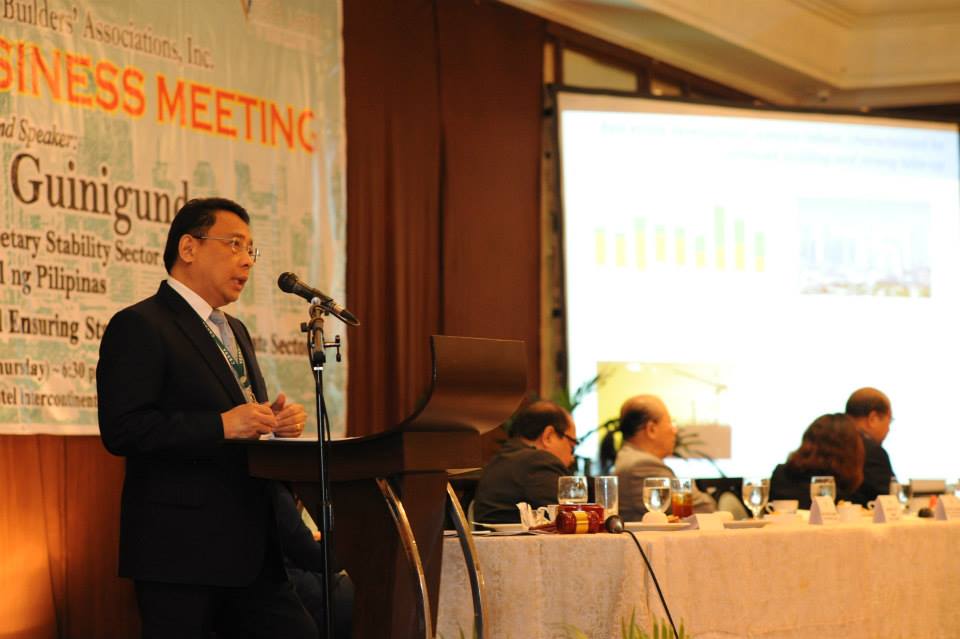Business and Economy
Impact of lowering tariff on food hard to quantify: Guinigundo

FILE: Bangko Sentral ng Pilipinas (BSP) Deputy Governor Diwa Guinigundo (Photo: Chamber of Real Estate and Builders’ Associations, Inc. – CREBA, Inc./Facebook)
MANILA — A central bank official on Thursday said it is difficult to determine at this time how lowering the tariff on some food items would impact inflation.
The possible lowering of tariffs imposed on select food items, which is now between 10 percent and 40 percent, was raised during the meeting between House of Representatives Speaker Gloria Macapagal-Arroyo and the administration’s economic managers last July 31, as an option to address the rising inflation rate.
Bangko Sentral ng Pilipinas (BSP) Deputy Governor Diwa Guinigundo said that in general, lowering tariff on food items would lower their price but noted that “it’s very difficult to quantify at this point.” He said tariff is not the only factor pushing food inflation higher.
In the case of fish and other meat products, Guinigundo said fewer supply and upticks in oil prices are contributory factors in the faster inflation rate of these commodities.
“Number two, while lowering tariff duties may help, it’s an empirical question of how much is going to be of use to the lowering of the respective inflation. We don’t have the numbers,” he told reporters after a hearing at the Senate Thursday.
Food inflation is a main factor driving up the rate of price increases in the domestic economy.
In the first seven months of the year, inflation averaged 4.5 percent, higher than the government’s 2 percent to 4 percent target for 2017-2020. Last July alone, inflation rose to a multi-year high of 5.7 percent from month-ago’s 5.2 percent.
Guinigundo, in a presentation during the hearing, reiterated monetary officials’ projection that inflation would possibly peak in the third quarter this year and decelerate thereafter.
During the interview by journalists, the central bank official said this projection took into account the movements in oil prices, seasonal factors, and impact of the Tax Reform for Acceleration and Inclusion (TRAIN) law, which hiked excise tax on fuel products and introduced excise tax on sugar-sweetened beverages and select automobiles.





















